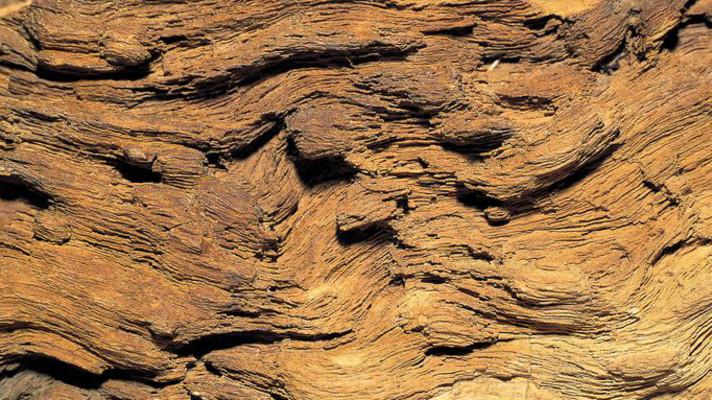The environmental impact of gold production (Dopad těžby zlata na životní prostředí z pohledu současné vědy)
New research has assessed the environmental impact of gold production using life cycle assessment and estimated embodied energy and greenhouse gases, embodied water and solid waste burden that each tonne of gold produces, using various processes.
Gold is a highly valued metal, used not only in jewellery, but also electronics and other industrial applications, dentistry and for investment. Like other metal industries, there is increased pressure for the gold industry to reduce its environmental footprint. The industry is developing more sustainable solutions and technologies, but these need to be informed by knowledge about the environmental impacts of the different production stages, such as mining, extraction from the ore, recovery and refining.
The study conducted a life-cycle assessment (LCA) to provide estimates of the energy use, water use, waste production and GHG emissions of gold production using data from numerous sources, including published papers, reports and company websites. A number of processes were considered: open pit mining to extract the ore, cyanide leaching to extract the gold from ore, carbon adsorption to extract the gold from the cyanide solution and electrolytic refining and chlorination to refine the gold.
The LCA assessed production from both non-refractory ores, which are relatively easy to treat, and refractory ores where the gold is 'locked-in' and requires more complex processing. As non-refractory ores become depleted, the ability to recover gold from refractory ores has become more important.
For an ore grade (i.e. metal content) of 3.5 gram per tonne of ore, the study estimated that production of each tonne of gold from non-refractory ore used approximately 200,000 gigajoules (GJ) of energy and 260,000 tonnes of water. It produced 18,000 tonnes of GHGs (CO2 equivalent) and 1,270,000 tonnes of waste solids. For refractory ores, the GHG emissions and energy use were about 50% higher, owing to additional processing steps required. Per tonne of metal produced these figures were several orders of magnitude greater than those for other metals, such as steel and aluminium. However, gold is produced in much smaller quantities, so the total environmental footprint for global gold production is smaller than some other commonly used metals, including steel, copper and aluminium.
The stages that contributed the most to gold's environmental impact were mining and comminution (crushing and grinding of the ore). Electricity use was responsible for just over half of the GHG emissions. This indicates that attempts to lessen the environmental impact of gold production should focus on these two stages. Mining and comminution are highly dependent on the grade of gold ore, as the lower the grade, the greater the amount that needs to be mined and the more crushing and grinding is required to extract the gold from the ore.
As there is a general decline in gold ore grades it is likely the need to address the environmental impacts of mining and comminution will become even more important. Some technological developments, such as microwave heating and high pressure grinding rolls, could reduce the impact, but this will depend on the characteristics of the ore.
Source: Norgate, T. & Haque, N. (2012) Using life cycle assessment to evaluate some environmental impacts of gold production. Journal of Cleaner Production 29-30: 53-63. Doi:10.1016/j.jclepro.2012.01.042.
Contact: terry.norgate@csiro.au
ZDROJ/source: Science for Environment Policy
